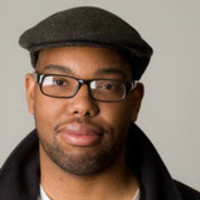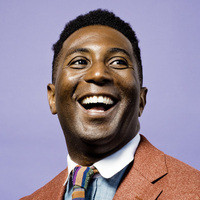Gay Politics Goes Mainstream
For years, homosexuals have, for the most part, been politically apathetic. Rarely did a candidate stir their enthusiasm; when homosexuals did vote, many of the more affluent ones tended to go Republican. But now the gay and lesbian community appears to be united for the first time in a Presidential race behind a single candidate -- Bill Clinton. And the money is pouring into the Clinton campaign -- $2 million so far from identifiably gay sources, according to Democratic Party estimates. "The gay community is the new Jewish community," says Rahm Emanuel, the Clinton campaign's national finance director. "It's highly politicized, with fundamental health and civil rights concerns. And it contributes money. All that makes for a potent political force, indeed."
















